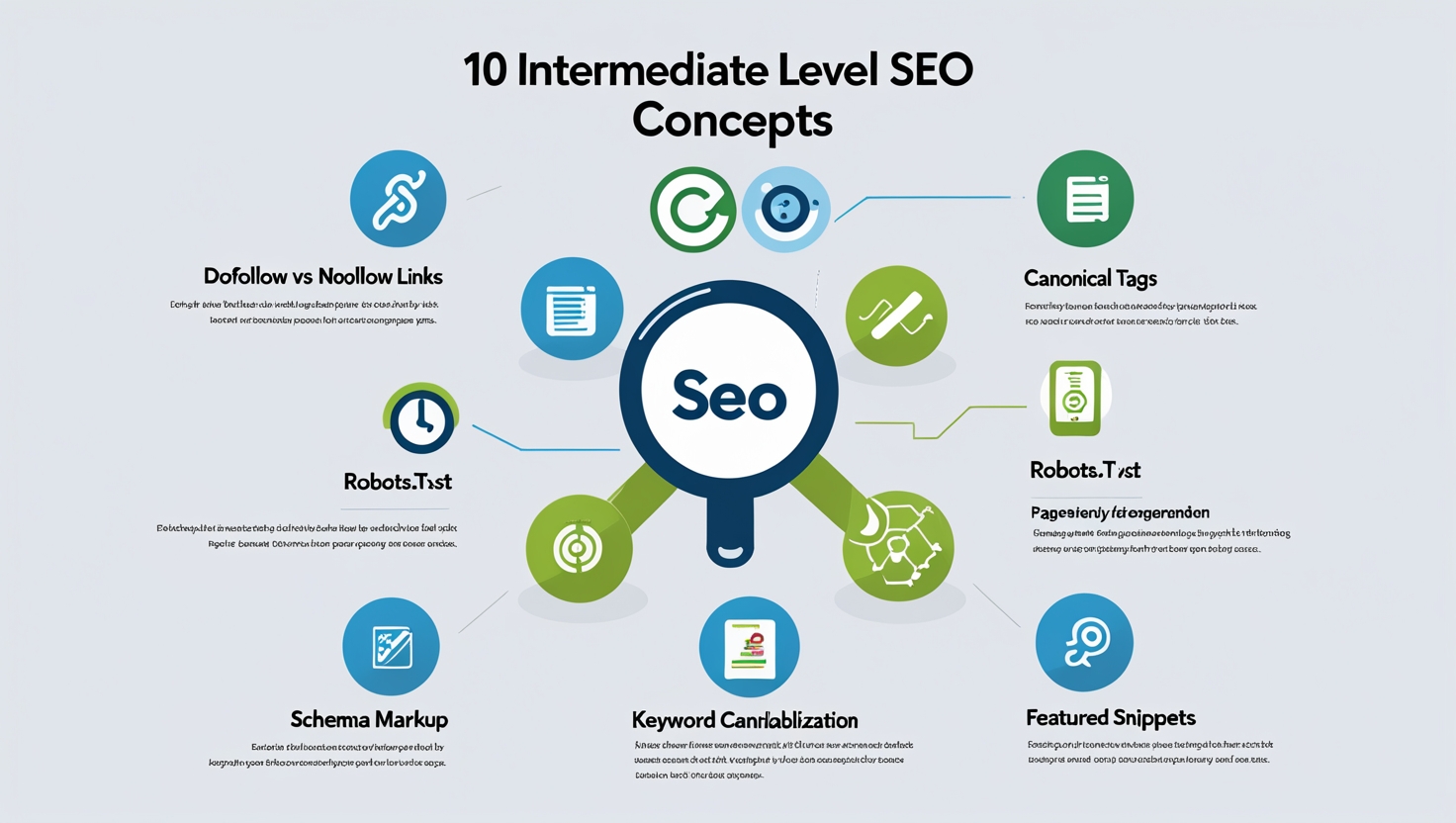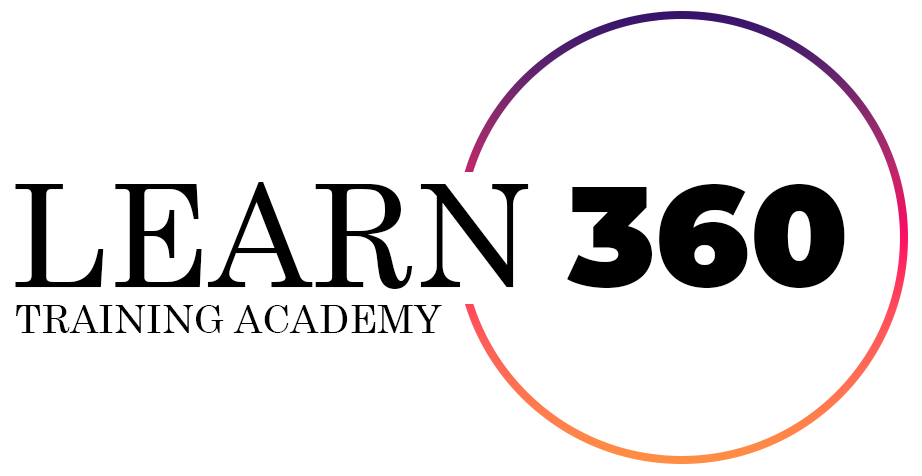
1. What is the difference between DoFollow and NoFollow links?
Answer:
DoFollow Links: Pass link equity (“link juice”) and help improve search rankings.
NoFollow Links: Do not pass link equity but can still drive referral traffic. Ideal for paid links, user-generated content, and social media links.
2. What is the Google Disavow Tool and when should you use it?
Answer: The Google Disavow Tool allows webmasters to tell Google to ignore specific backlinks that may harm their website’s ranking. Use it when you have toxic or spammy links that cannot be removed manually.
3. How can you optimize a website’s URL structure for SEO?
Answer: Best practices for URL optimization include:
Use descriptive keywords in URLs.
Avoid long and complex URLs.
Use hyphens (-) to separate words instead of underscores.
Ensure URLs are concise, readable, and user-friendly.
4. What is canonicalization, and why is it important?
Answer: Canonicalization is the process of specifying the preferred URL for a web page to prevent duplicate content issues. It helps search engines consolidate link equity for identical or similar pages.
5. How can you improve a website’s page speed?
Answer: Techniques to improve page speed include:
Compressing images and media files.
Enabling browser caching.
Minimizing CSS, JavaScript, and HTML code.
Using a Content Delivery Network (CDN).
Optimizing server response time.
6. What is robots.txt, and how does it affect SEO?
Answer: The robots.txt file tells search engine crawlers which pages or sections of your website should not be crawled. Incorrect usage may block important content, negatively impacting SEO.
7. What is keyword cannibalization, and how do you fix it?
Answer: Keyword cannibalization occurs when multiple pages on the same website target the same keyword, causing competition between them. To fix it:
Consolidate similar content into one comprehensive page.
Use proper internal linking.
Implement canonical tags if merging isn’t possible.
8. What is schema markup, and why is it important?
Answer: Schema markup is structured data that helps search engines understand website content better. It enhances search results with rich snippets like reviews, FAQs, and event details, improving CTR.
9. How do you optimize content for featured snippets?
Answer:
Provide clear, concise answers to common user queries.
Use bullet points, tables, and numbered lists for easy readability.
Add question-based headings (e.g., “What is…” or “How to…”).
10. What is the importance of link building in SEO?
Answer: Link building helps improve a website’s authority, trustworthiness, and search engine rankings. Focus on earning high-quality backlinks from reputable websites through guest posts, content outreach, and digital PR.
Read More
Previous SEO Interview Question
